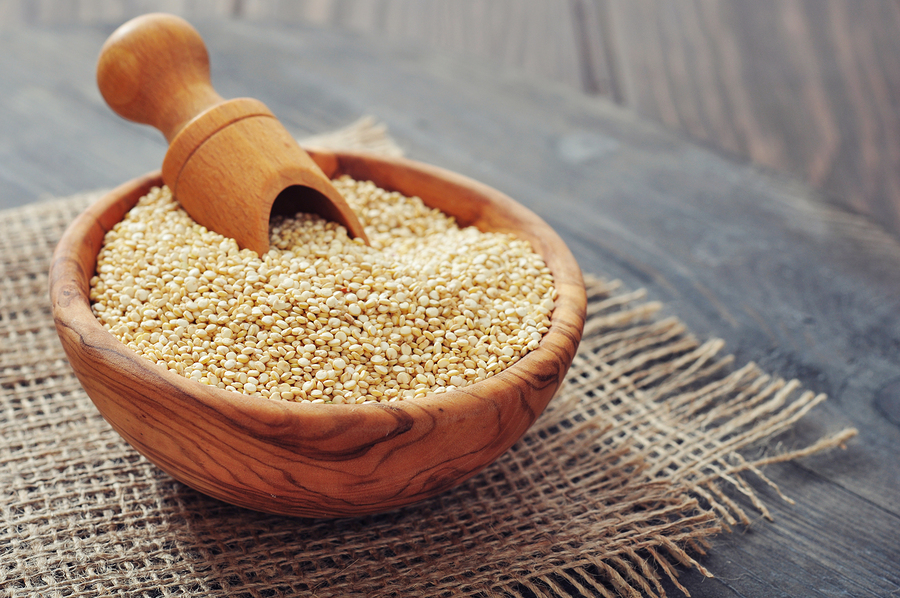Growth in Grains
The growing interest in clean living and healthy diets has opened up a new market in America’s food industry that could revolutionise the grain industry in the United States.
In the past five year, the popularity and exposure of so called ‘ancient grains’ has sky rocketed across the United States as they have cemented themselves as a more healthy, more natural alternative to modern wheat, providing more vitamins, minerals, fibre and protein – partly because they are rarely eaten in processed form.
As the name suggests however, ‘ancient grains’ are by far a new phenomenon and have actually gained their name because of the way they have been planted and harvested in the same way for thousands of years. Although there is no specific and dedicated list of ‘ancient grains’ it is considered to include amaranth, barley, bulgur, buckwheat, kamut, millet, spelt, teff and quinoa.
So if they’ve been around for such a long time, why have they only really seen ascendency (or more to the point re-ascendency) in recent years? Well, according to Cynthia Harriman, director of food and nutritional strategies at the non-profit organisation, the Whole Grain Council:
“It’s been a positive perfect storm for these ancient grains. They fit with our desire to look for a super-food, a magic bullet we should be eating. “
“We’re drawn to the idea that kamut comes from King Tutankhamun’s tomb, the story draws our attention. It’s a revolt against processed food. It’s the opposite of modern.”
“I have heard industry analysts talking about taking advantage of the ancient grains trend. With ancient grains on the label, you could increase the price by 50-300%,”
Many of these grains are seen as a super food because they are low in or have no gluten and are high in fibre and other vitamins and minerals. Take for example Amaranth which is a South American grain which is both gluten and wheat-free and is a source of vitamin C. Barley has manganese, thiamine and selenium and quinoa is a complete protein as it has all nine essential amino acids.
These health benefits have been taken on board by consumers who have been buying the grains in their droves with the US Whole Grains Council releasing figures showing sales of kamut rose 686% in the year from July 2013, whilst sales of spelt rose by 363% and amaranth by 123%.
These trends have been noticed by the food industry that has seen falling sales in breakfast cereals. Alan Cunningham, marketing manager for new products for the food giant General Mills, said of this:
“In the past year ancient grains saw a 50% growth across all categories and a 44% growth in the cereal category. It’s a way to bring this product into the mainstream. Consumers may feel that the barrier to eating ancient grains is that they’re not convenient, so we figured a way to deliver them in a bowl of cereal.”
To find out more about immigration into America email us at info@immigrationintoamerica.com or if you’re considering incorporating a company go to https://www.startanamericancompany.com/



